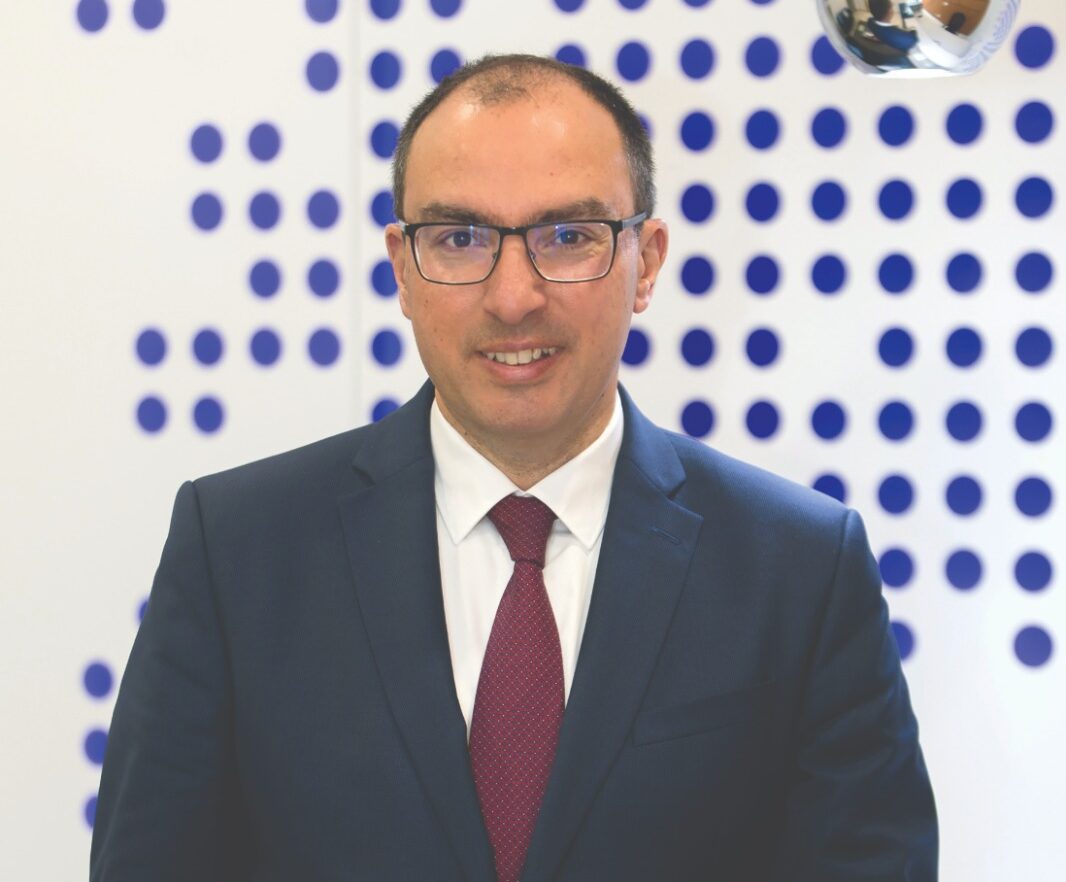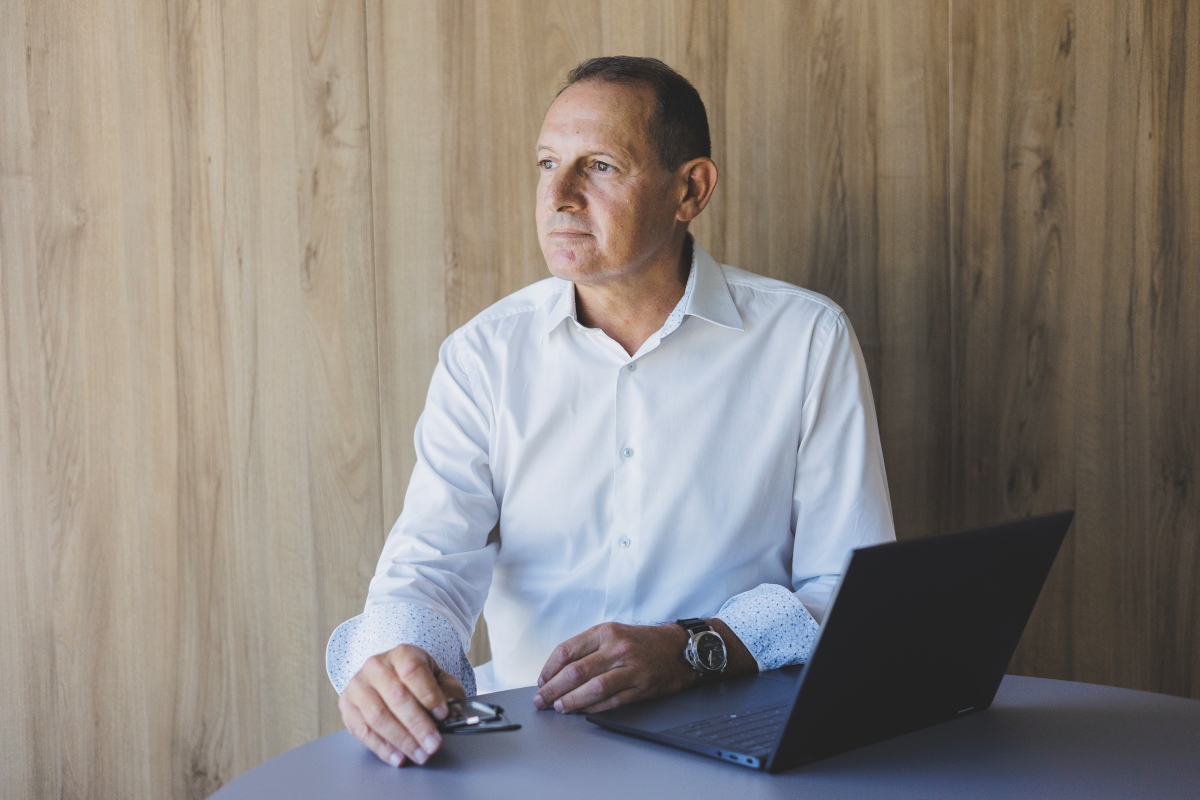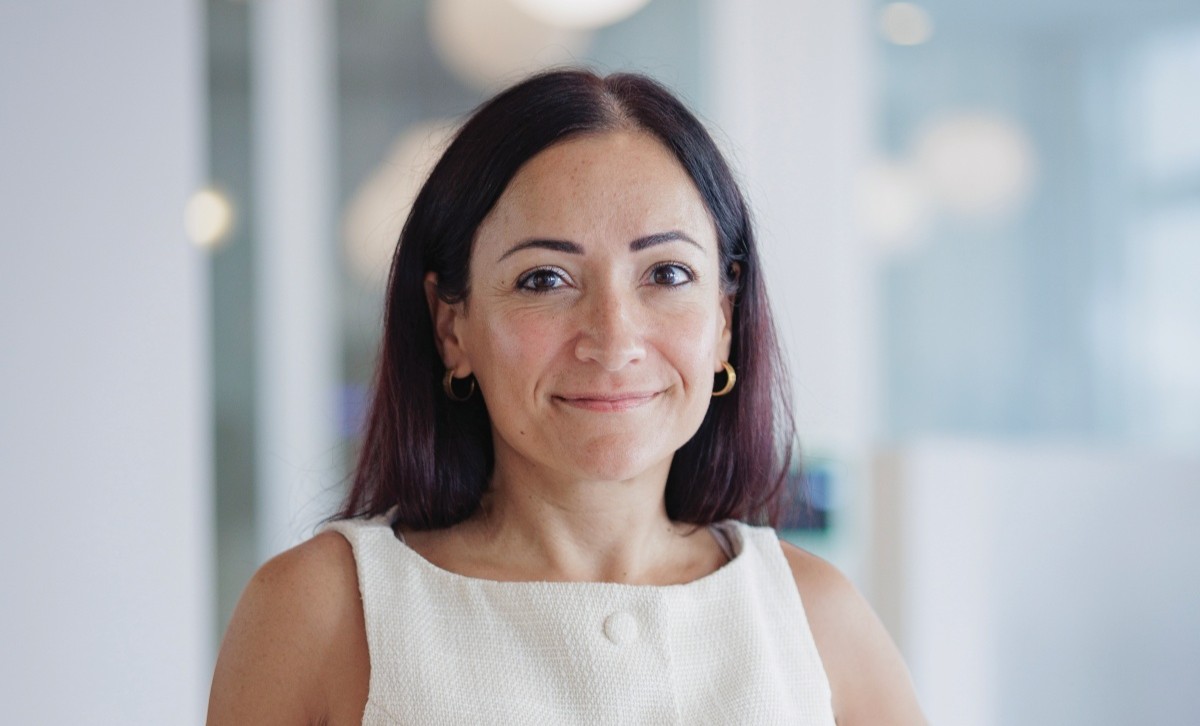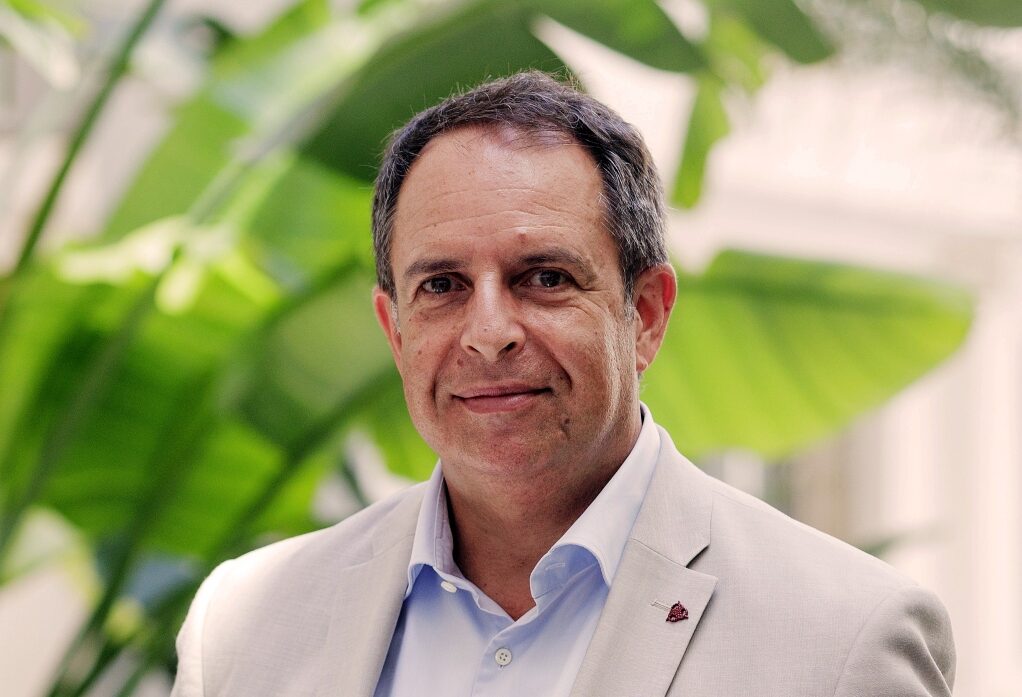TradeMalta, which is set to celebrate its tenth anniversary next year, has become a household name within the country’s business community. In fact, the public-private partnership has helped hundreds of businesses venture beyond the island’s shores through its host of programmes aimed at bolstering internationalisation.
“Malta’s history and position in the middle of the Mediterranean have given it a unique entrepreneurial proposition. The diminutive market, however, has always been a limiting factor for businesses, that invariably find themselves looking outward to harness their full potential,” begins Anton Buttigieg, its CEO.
From the outset, our objective has remained consistent. While our remit is not broad, it is highly focused. Managing several specialised schemes we are geared to support businesses that are considering internationalisation, or exporting their goods or services, from the very first steps, all the way up to successful delivery.
TradeMalta’s success lies in its multifaceted approach to helping businesses. Historically, the organisation supported the manufacturing sector, as Malta’s economy was skewed in that direction. However, as Malta’s economy diversified, so did TradeMalta’s focus. “Today, we assist a wide range of sectors, including services, technology, training and education, health, and engineering,” Mr Buttigieg explains.
One of the key elements of TradeMalta’s success is the sterling expertise at all its levels. “Our Board of Directors has always been composed of seasoned businesspersons who have ample experience in the internationalisation sector, having successfully led companies that grow internationally themselves. This ascertains that TradeMalta’s policies are always inspired by a solid basis of on-the-ground knowledge. Moreover, TradeMalta has enjoyed an advanced rate of retention within the ranks of its expert employees, who have over the years built an excellent rapport with the businesses they help. This, in turn, translates into a certain peace of mind for businesses that know that they can rely on the expertise of our people,” the CEO continues.
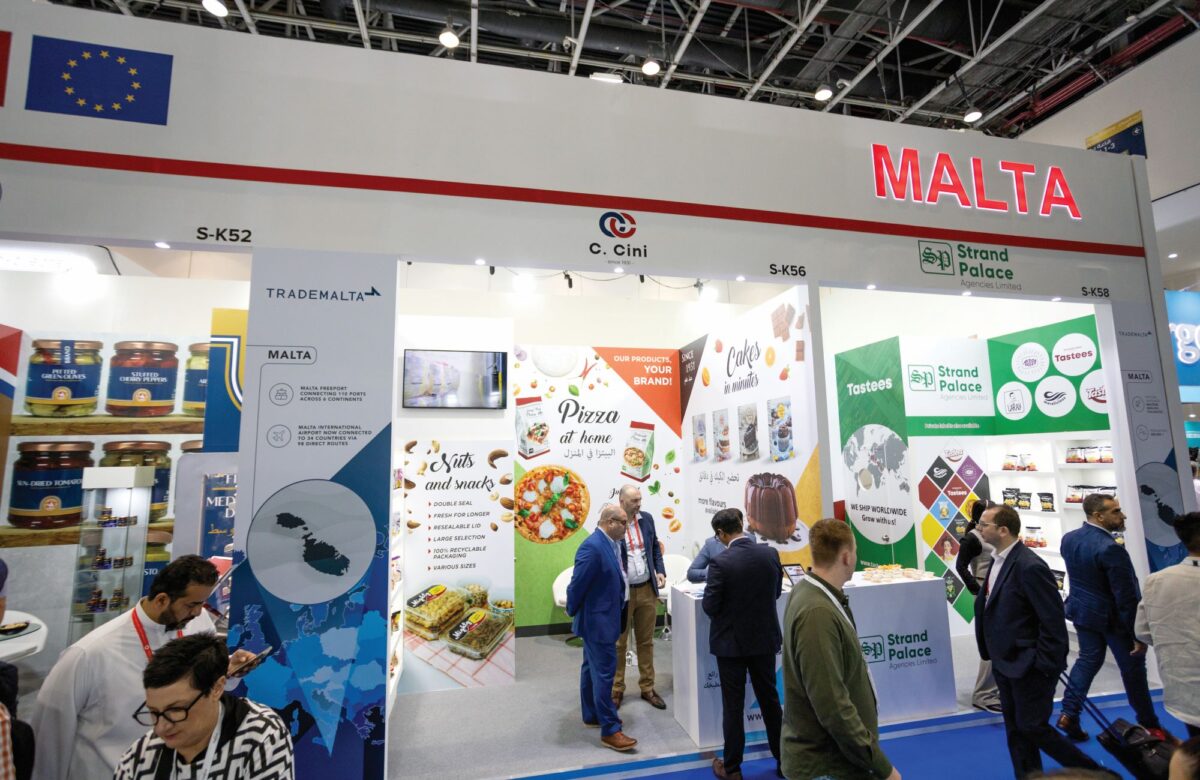
TradeMalta offers a range of initiatives designed to support Maltabased businesses in their internationalisation efforts. “Probably our most popular incentive is assisting businesses when they exhibit at relevant international fairs. These fairs, whether repeat events or specific new opportunities, are held across the globe and provide invaluable exposure for Malta-based companies,” the CEO notes.
Moreover, TradeMalta is always quick to respond to any extraordinary circumstances that may arise, such as the recent COVID-19 pandemic which paralysed businesses around the world, for the better part of two years.
“Mindful of the challenges our businesses faced during the COVID years, we quickly introduced incentives to help them expand their operations by fully leveraging the digital realm. For instance, we launched a scheme allowing companies to request a capped reimbursement for their online advertising expenses. While we are aware that larger companies may have handsomer budgets than we can fully support, the funds provided have made a significant impact in helping smaller businesses, for whom this support has gone a long way.”
The scheme proved so successful that TradeMalta continues to offer it to this day.
COVID-19 also gave businesses the opportunity to thoroughly reassess their models, acting as a catalyst for them to take some much-needed decisions. “Once the lockdowns were lifted, demand for our services surged by approximately 40 per cent,” Mr Buttigieg notes. “Businesses immediately sought to attend and exhibit at international fairs once again. It is evident that while remote meetings served businesses well during lockdown, the personal touch of in-person business remains unparalleled.”
In this vein, TradeMalta also organises a series of trade missions to countries identified as offering significant business opportunities for Malta-based businesses. “Our trade missions are based on a research process which identifies the countries our businesses are most interested in. We typically focus on strategic markets where local businesspeople see potential and where we believe there could be commercial opportunities. These missions, which take place roughly twice or three times a year, have taken businesses to countries in Sub-Saharan Africa and various Middle Eastern nations,” the CEO notes.
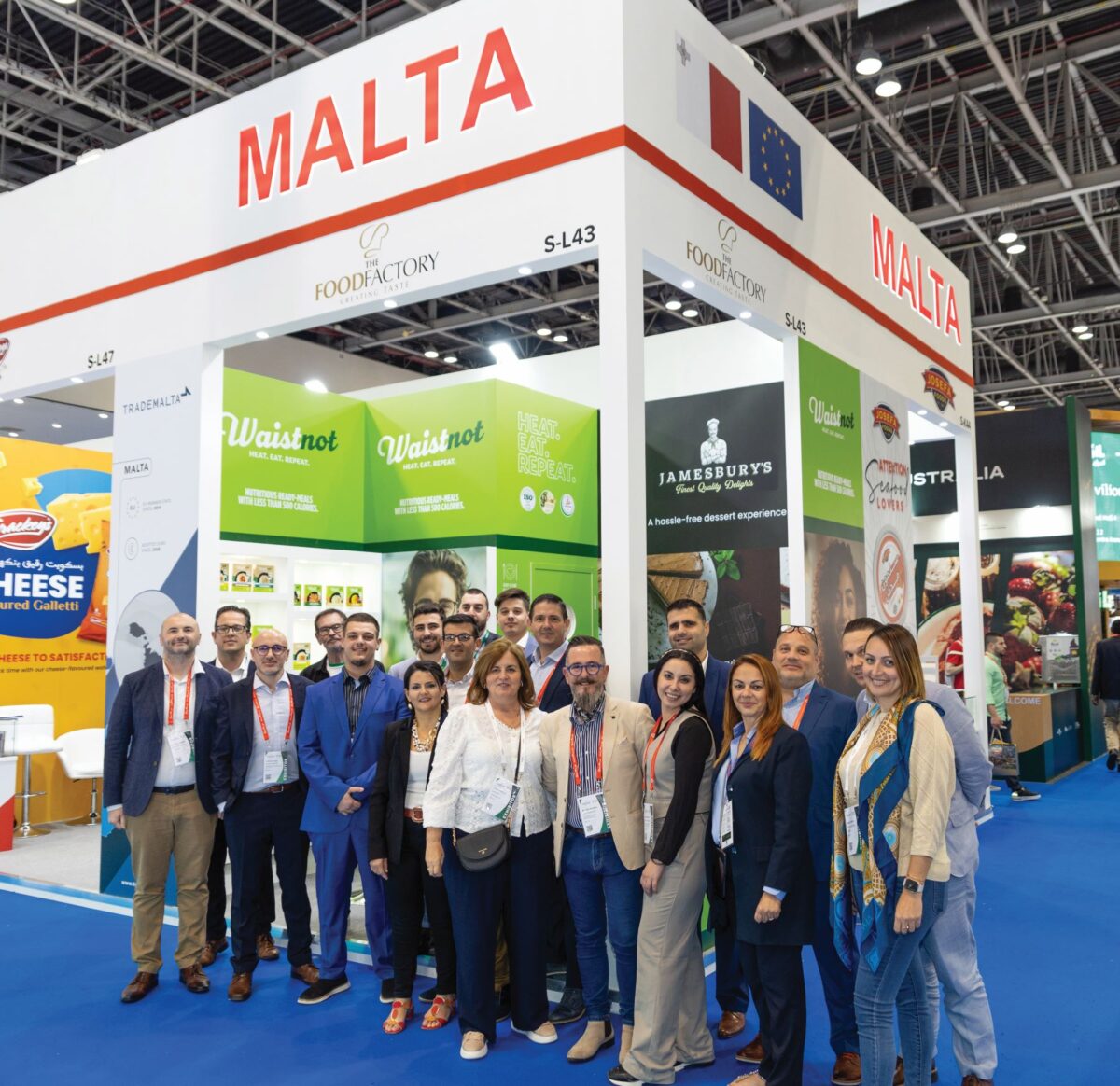
Moreover, TradeMalta performs an educational function, as it seeks to equip businesses with the necessary knowledge to be able to venture into the daunting world of internationalisation. “Each year, we hold a highly specialised course which acquaints businesses with the ins and outs of internationalisation and exportation. These courses, delivered by seasoned leaders in their fields, are open to businesses interested in internationalisation. They provide a detailed understanding of what it takes for a company to succeed internationally at all levels, from legal and administrative requirements to an understanding of cultural norms and traits,” Mr Buttigieg explains.
When asked about the most significant challenges companies face when venturing internationally, Mr Buttigieg notes how the difference in size compared to their international counterparts becomes stark on the global stage. “Our companies often face limitations in resources and financial prowess when entering new markets,” the TradeMalta CEO acknowledges. “Entering a new market is akin to starting afresh. While companies may have a robust administration and production system in place at home, they need to build their business anew in terms of creating relationships and establishing connections in the new jurisdiction.
“This includes understanding the legal and business environment, becoming acquainted with local customs, and navigating many other details. Naturally, this is a complex process which requires significant human and financial resources.”
“From our experience, the most successful companies are those that typically concentrate on one market at a time,” he advises. “Trying to expand into multiple markets simultaneously can be overwhelming, extremely costly, and counterproductive. We advise many of our clients to focus their energy on establishing a strong position in a single market. Once they have a solid foothold, they can then proceed to the next.”
TradeMalta is increasingly relevant to businesses that intend to seek international opportunities, given the constantly shifting geo-political landscape. “We all recall the immense commercial opportunities Malta enjoyed in Libya until 2011. When the environment shifted dramatically, many businesses were forced to take critical decisions overnight. TradeMalta remains a valuable ally, guiding businesses as they explore prospects in other regions, both nearby and far-flung.”
“My advice to businesses is to come forward, and talk to us,” Mr Buttigieg says, as he emphasises the importance of early engagement. “Let’s meet as early as possible so we can help you navigate the challenges ahead. Moreover, seek out and learn from other companies that have been successful. We are blessed with a cohort of Malta-based businesses that have made a very good name for themselves and the country, and that have a wealth of experience to share. In most cases, they are more than willing to share their wisdom about their experiences and pain points,” he advises. “The power of networking cannot be overstated,” the CEO says.
Ultimately, while TradeMalta can lead companies to the proverbial pond, it is the businesses themselves that know their business and markets best. “At TradeMalta, we do our best to provide the tools and support necessary for international success, but it all boils down to the grit and energy of the businesses themselves. They know their operations best and where they want to take them. We are only too happy to guide them on their path to international success,” Mr Buttigieg concludes.
This interview was first featured on Business Now magazine, the sister brand to BusinessNow.mt, both owned and produced by Content House
‘Retail’s ultimately about human connection’ – The Convenience Shop CEO David Tabone
CEO David Tabone sheds light on how Malta’s largest convenience retailer is reshaping its shopping experience
‘People bring their best when they feel supported and valued’ – CLA Malta’s Dorianne Campbell
Dorianne Campbell on going the extra mile to create an environment that treats employees as the organisation’s most valued assets
Wolfgang Tweraser’s relentless drive for efficiency, sustainability and excellence
He brings 40 years of international business experience into his most recent endeavour – TW Consulting & Trade Ltd


